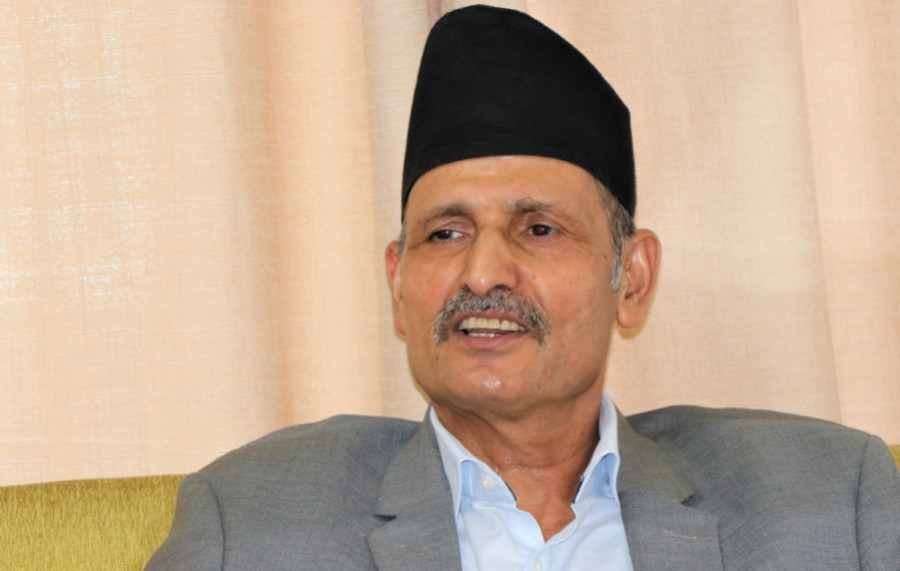National
Maoist Centre slams government for targeting journalist with arrest warrant
The Cyber Bureau of Nepal Police issued the warrant on Tuesday following a complaint lodged by Jaiveer Singh Deuba.
Post Report
The opposition CPN (Maoist Centre) has strongly condemned the government for issuing an arrest warrant against journalist Dil Bhusan Pathak, calling it an act of repression that undermines Nepal’s democratic values and press freedom.
In a statement issued on Thursday, Maoist Centre vice-chair and spokesperson Agni Sapkota denounced the government’s move as contrary to the spirit of the constitution, which guarantees freedom of expression.
“The warrant issued against Pathak for running a news report, and the court order to remove stories from Nepalkhabar.com and Bizmandu.com, is alarming and violates the norms of a democratic society,” said Sapkota.
The Cyber Bureau of Nepal Police issued the warrant on Tuesday following a complaint lodged by Jaiveer Singh Deuba—son of Nepali Congress President Sher Bahadur Deuba and Foreign Minister Arzu Rana Deuba.
The complaint alleged character defamation over a YouTube episode of Tough Talk with DilBhusan Pathak titled “Jaiveer Deuba’s money in Hilton!” in which Pathak linked Jaiveer to controversial share transactions involving the Hilton hotel in Kathmandu.
The Maoist Centre said that grievances with media content should be addressed through existing regulatory frameworks like the Press Council. “Where there are inaccuracies or biases, the established method is to seek clarification or file a rebuttal—not to issue arrest warrants,” Sapkota said.
The party reaffirmed its commitment to independent, responsible, and fact-based journalism, and demanded that the government immediately revoke the warrant against Pathak. “We urge the state and all actors to respect press freedom and democratic processes,” the statement added.
The Maoist Centre’s remarks follow growing concern from media bodies, including the Federation of Nepali Journalists (FNJ), which earlier urged the court to reconsider its directive to take down published news content. The FNJ warned that legal or institutional action may be pursued if press freedoms continue to be eroded.




 15.12°C Kathmandu
15.12°C Kathmandu














